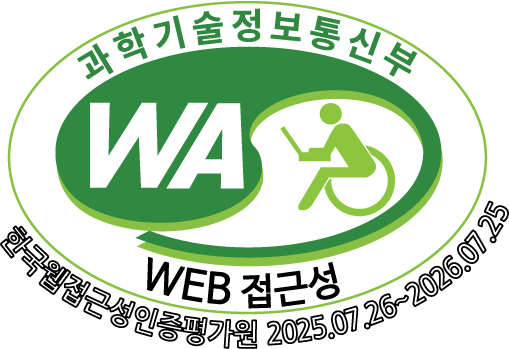장관
유엔 안보리 공개토의(평화를 위한 리더십) 발언문(9.25.)
- 작성일
- 2024-09-25
- 수정일
- 2025-03-20
- 조회수
- 24555
Remarks by H.E. Cho Tae-yul
Minister of Foreign Affairs of the Republic of Korea
Security Council High-level Open Debate
on Maintenance of International Peace and Security
(Leadership for Peace)
New York, September 25, 2024
(As delivered)
Mr. President,
I would like to thank you for convening this important meeting.
I would also like to thank Secretary-General Guterres, ICRC President Egger(에거) and former President Sirleaf(서리프) of Liberia for their briefings.
Plagued by an unprecedented number of conflicts since World War II, the world, now more than ever, is calling upon the Security Council to play its entrusted role of maintaining international peace and security.
Regrettably, however, recent developments have exposed the limitations of the Council in effectively addressing pressing issues.
In the Sudan, the Council has not succeeded in preventing the situation from escalating into the worst possible crisis of internal displacement, exacerbated by looming famine and outbreaks of disease.
Regarding Gaza, the Council has yet to take decisive action despite the loss of more than 40,000 lives, deepening humanitarian crises.
In the meantime, the Russian Federation, a permanent member of this Council, has waged a war against Ukraine in blatant breach of core principles of the UN Charter and international humanitarian law.
Even in the face of mounting civilian casualties, the Council has failed to adopt a single resolution in response to this aggression.
Adding to the frustration is the fact that the Russian Federation obtains arms and munitions from North Korea in flagrant violation of multiple Council resolutions, while using its veto power to undermine the international non-proliferation regime.
We strongly urge Russia and North Korea to comply with the relevant Security Council resolutions, all of which were unanimously adopted in this Chamber.
Under these challenging circumstances, it is imperative that all members of the UN Security Council guard the principles of the UN Charter, in recognition of their greater responsibility for promoting global peace and security.
It is usually the most vulnerable – particularly women and children – who bear the brunt of conflict.
I call upon all parties to conflicts to comply with international humanitarian law, including the Geneva Conventions.
Specifically, attacks on medical and humanitarian personnel must immediately cease, as they disrupt the delivery of life-saving assistance to those most in need.
Mr. President,
The most effective way to alleviate human suffering is to prevent conflicts in the first place.
The Council should strengthen its engagement in the entire peace process, with a particular focus on conflict prevention.
To this end, it must advance efforts to address the underlying causes of conflicts.
Many of today’s humanitarian challenges – ranging from poverty and refugee crises to resource allocation – are interlinked to security and development.
Therefore, tackling root causes requires an integrated and coherent approach that links humanitarian assistance and development to peace and security.
The Peacebuilding Commission (PBC), with its unique role as an advisory body and its convening power to mobilize resources in and out of the UN system, can make significant contributions to the Council's work on conflict prevention.
Strengthening cooperation between the UN and regional and sub-regional organizations is also important.
With their deep understanding of the root causes of conflicts, these organizations can contribute to the Council’s conflict prevention efforts.
The Republic of Korea has supported the African Union’s efforts in this regard by financing the AU Budget for Political Affairs, Peace and Security.
To support the UN's efforts for conflict prevention and peacekeeping, over the past years, we have also increased our contributions to the Department of Political and Peacebuilding Affairs and Peacebuilding Fund to reach approximately 3.5 million dollars and 8 million dollars, respectively, this year.
Mr. President,
Given the conflicting dynamics and interests of the permanent members of the Council, the roles of elected members are becoming increasingly important.
They facilitate dialogue and bridge the gap between permanent members by bringing diverse views and perspectives to the table.
The Republic of Korea is committed to fulfilling its mandate as an elected member for the 2024-25 term and to supporting the Council’s efforts to organize a swift and effective response.
Elected members are also contributing to the Council’s efforts in addressing new and emerging challenges.
The Republic of Korea is prioritizing issues such as cybersecurity as well as climate and security.
In June, as President of the Council, we hosted an open debate on cybersecurity, paving the way for the Council’s effective response to cyber threats.
Mr. President,
Enabling the Security Council to function effectively is an essential step towards rebuilding trust and strengthening the multilateral system.
The Republic of Korea remains a firm believer in multilateralism, and is fully committed to playing a greater role befitting a country of its stature in promoting global peace and prosperity.
Thank you. /END/
